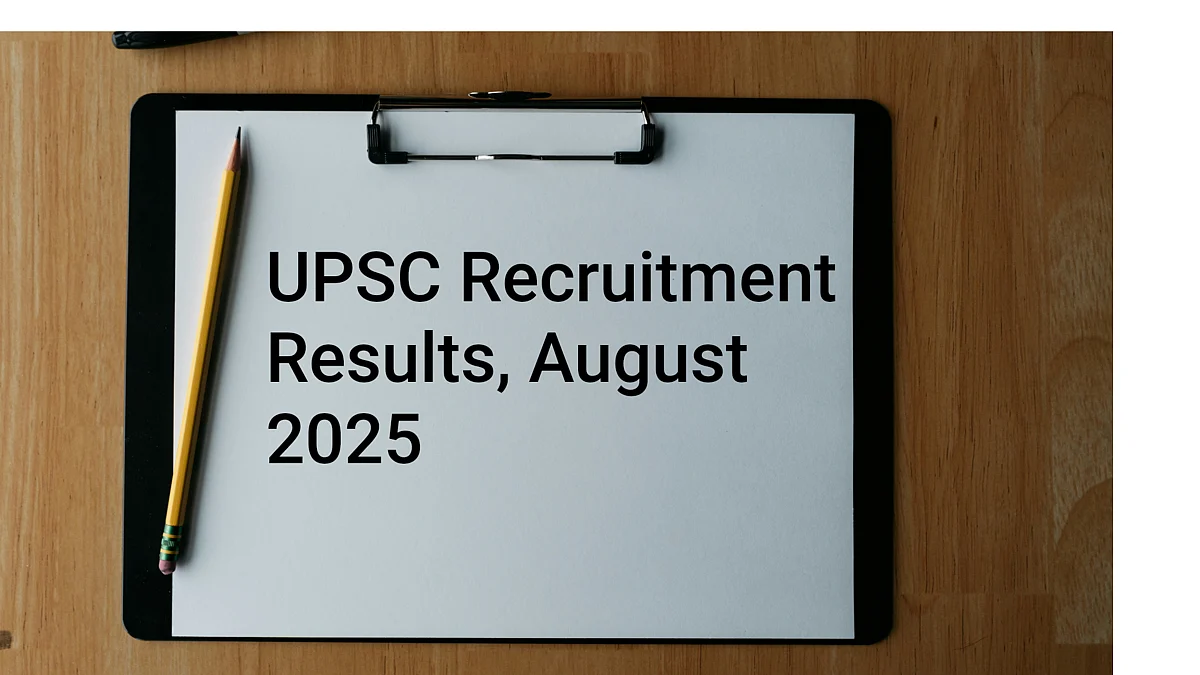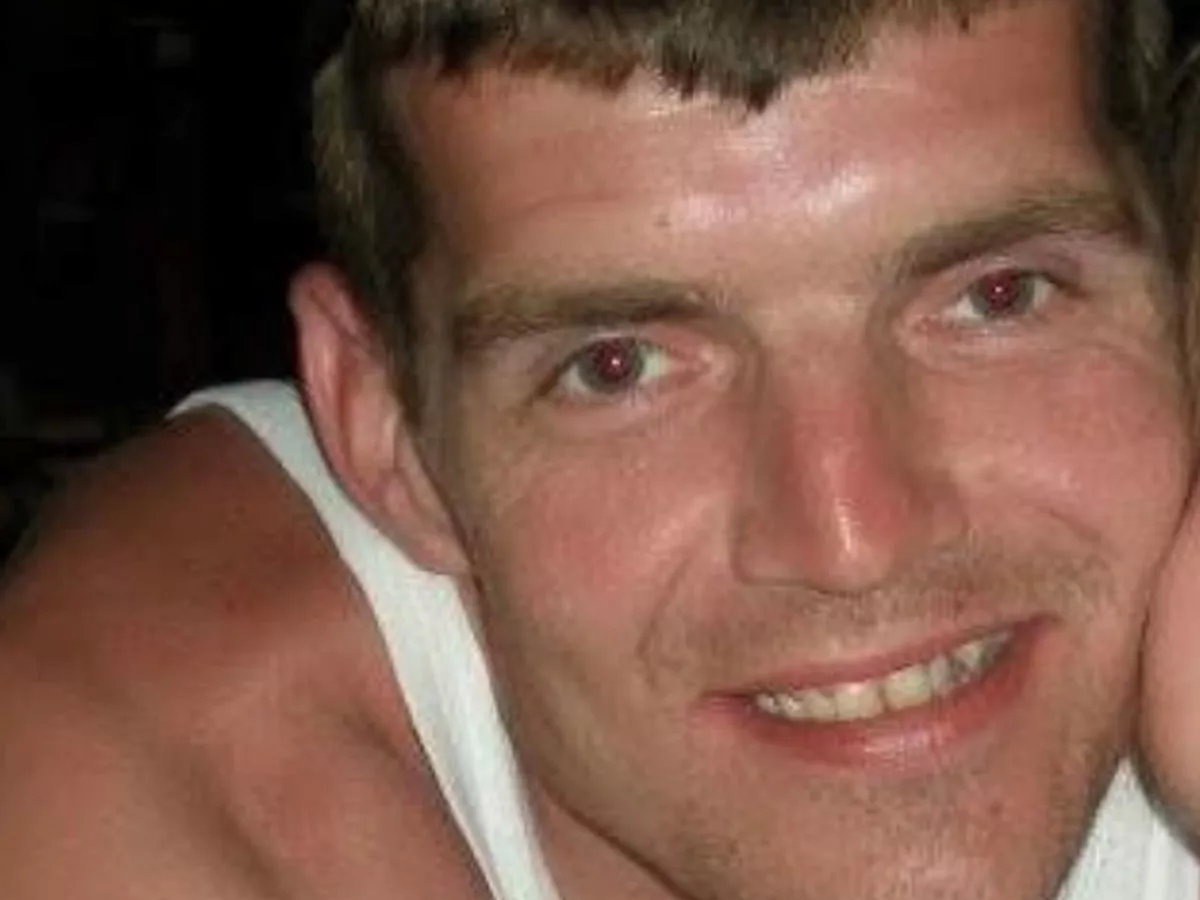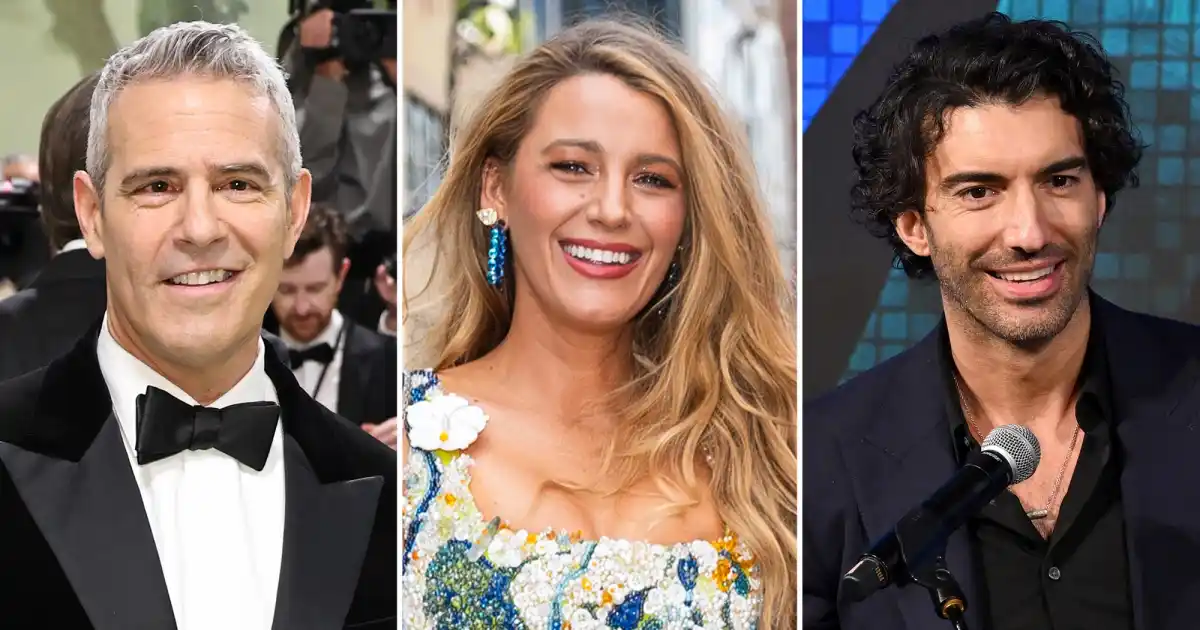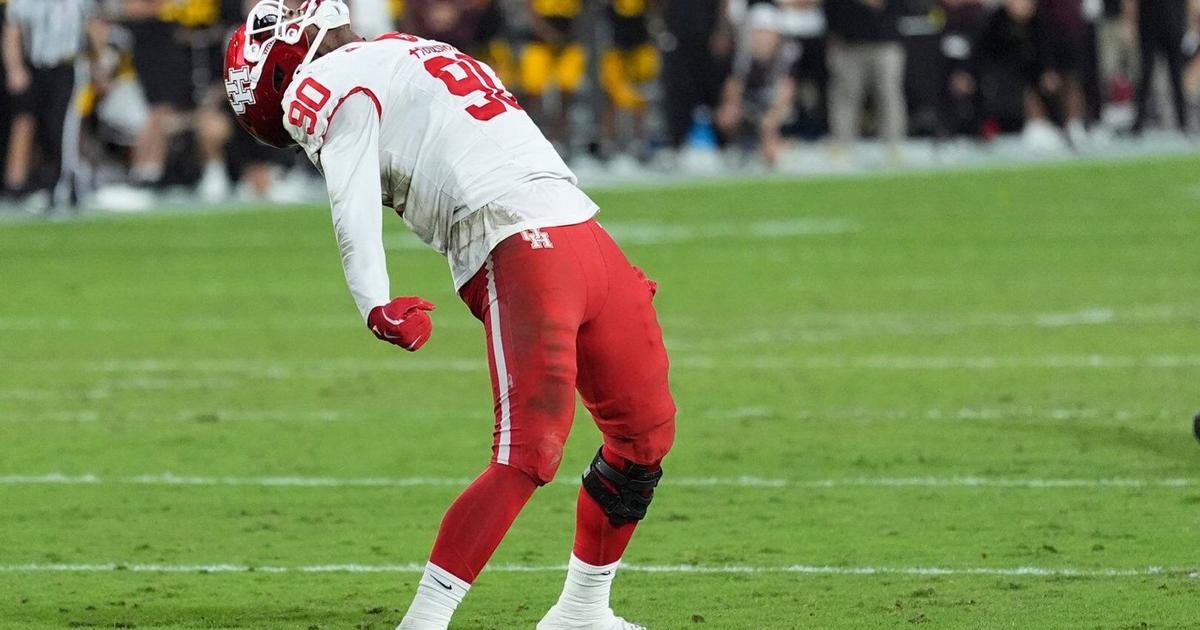Copyright newstatesman
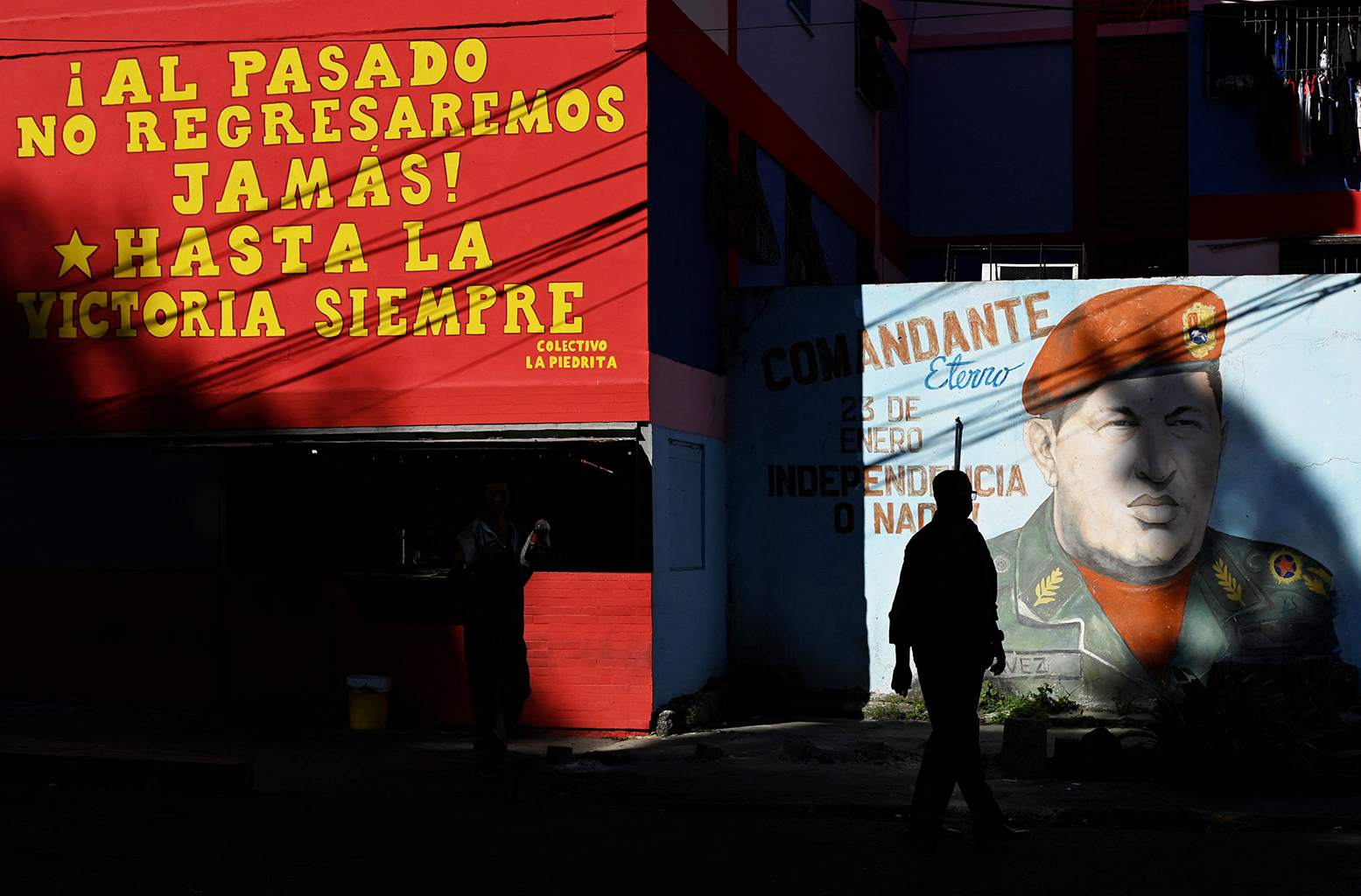
“There is a killer prowling in the Caribbean,” said Venezuela’s UN ambassador, Samuel Moncada. He meant the US. Since the beginning of September, the US military has carried out six strikes on suspected “narco boats” close to Venezuela, killing at least 27 people. Donald Trump, asked about the operations while meeting Volodymyr Zelenskyy stated those killed “are not innocent people”. Instead, he suggested they were attempting to smuggle drugs into the US, but UN-appointed human rights experts have hit back and condemned the strikes as “extrajudicial executions”. In the week following the first strike, Trump told reporters that he had authorised the CIA to conduct covert operations in Venezuela. There was even discussion about potential attacks on Venezuelan soil. The last time the US deployed its military to Latin America was to topple Manuel Noriega, the Panamanian dictator, in 1989. Nicolás Maduro, the current President of Venezuela, has condemned both the attacks and the idea of American intervention. Surprisingly, however, some Venezuelan citizens are allying themselves with Trump. They are so frustrated by the failures of their socialist government that Trump’s right-wing populism appeals. Ana, a Venezuelan student in Spain, said that in her home country, she “cannot express her opinion without fear of punishment”. She believed that life under a leader like Trump would grant her the free speech and democracy she wants whereas in Venezuela, censorship prevents this. Alejandro, who is Venezuelan but lives in the US, added, “I like leaders like Trump because he cuts through the nonsense and focuses on fixing the economy. He pushes for free market policies, cutting useless government programmes, lowering taxes and prioritising efficiency.” The unrest among Venezuelan students abroad is visceral. In 2020, two Venezuelan political activists, Jorge and Andrés, toured college campuses in the US to advocate against the implementation of socialism. Andrés stressed, “We are eyewitnesses to the falling of the country. You don’t have to take your liberties for granted, and you don’t have to wait until you lose them to fight for them.” The current distaste among Venezuelans towards socialist practice can be traced back to the 1998 election of Hugo Chávez. His “Chavismo” ideology was a populist movement that prioritised the people and adopted a blatant anti-imperialist, anti-American stance. In his first term, Chávez’s mixed-economy policies were defined as moderate and centre-left. But he became increasingly emboldened with further electoral victories in 2001 and 2007, swinging further left and nationalising a number of industries including oil, steel, agriculture and telecommunications. Businesses closed or left the country and foreign investment plummeted, causing the economy to become largely dependent on oil. For many Venezuelan citizens, this left them facing shortages of food and medicine, even among the more affluent. They quickly viewed the country as a hostile environment and 1.5 million Venezuelans migrated out of Venezuela during Chávez’s presidency, which ended in 2013 due to his death. “Young people have grown up seeing the horrors of socialism first-hand and they want out. Venezuela is a dictatorship,” Alejandro stated. Before his death, Chávez selected Nicolás Maduro as his successor and Maduro won the election by a narrow margin, still serving as President today. With murals of Chávez’s eyes a glaring image on state-run facilities and public buildings, Venezuelans still receive constant visceral reminders of Chavismo, over a decade after his death. “It’s hard to get away from it,” Alejandro added. Ana, who hopes to work in government policy herself, said, “The Venezuelan government has messed with the private sector, including education. I left my country because I thought I had no future there.” The feeling that there was no other future for Venezuela steepened during the 2024 election campaign, with Venezuelans turning sharply to the right for salvation. Despite officially winning the election, analyses suggest that Maduro actually lost by a landslide to opposition leader, Edmundo González. Many countries, including the US, rejected the result and recognised González’s victory instead. According to the Venezuelan NGO, Transparencia Electoral, the election was rigged from the start. Maduro blocked the original opposition leader, María Corina Machado, from running and she was replaced by González. This process made it difficult for millions of Venezuelans living abroad to vote because registration lists were already closed and overseas ballots were not updated. Other irregularities included moving polling stations to different neighbourhoods and keeping the polls open in typically “Chavista” areas for longer, to allow more people to vote. Political unrest mounted in wake of this, with unofficial sources stating that 90 per cent of Venezuelans disagree with Maduro’s regime. It is predicted that in reality, up to 67 per cent of the votes actually went to González. During the campaign, González advocated for free markets, democratic reform and closer ties to the United States. Also, he proposed a reduction in the role of the state and the need for free and fair elections in an attempt to reignite the working class. One of González’s biggest overseas supporters during the election was Argentinian President, Javier Milei. As a far-right populist, he openly opposes socialist and communist ideology, regarding it as an oppressive system that generates poverty. He even invited González to the Pink House in Buenos Aires during the 2024 election so his popularity among Venezuelans comes as no surprise. In November 2023, at Milei’s inauguration, Venezuelan flags filled the crowds in support, with some taking to social media to warn Argentinians about the “dangers” of socialism, urging voters to back Milei instead. Venezuelans living in and out of the country feel hopeless at the failures of socialism and are increasingly idolising far-right leaders like Milei and Trump in an attempt to squash socialist practice. The US has always adopted Latin America as its back garden, viewing countries like Venezuela as uneasily dependent on them for investment and oil imports. Today, around 545,000 Venezuelans live in the US, forming one of the fastest-growing Latin American diasporas. For many Venezuelans, the American Dream guides their ideology. They have watched the iron fist with which Trump has confronted leaders like Maduro, reflecting the strength they wish their own government possessed. Promises of slashed taxes, reduced prices and the end to war feel like freedom to them after Chavismo has failed them. [Further reading: The Trump regime wants to make America white again]
